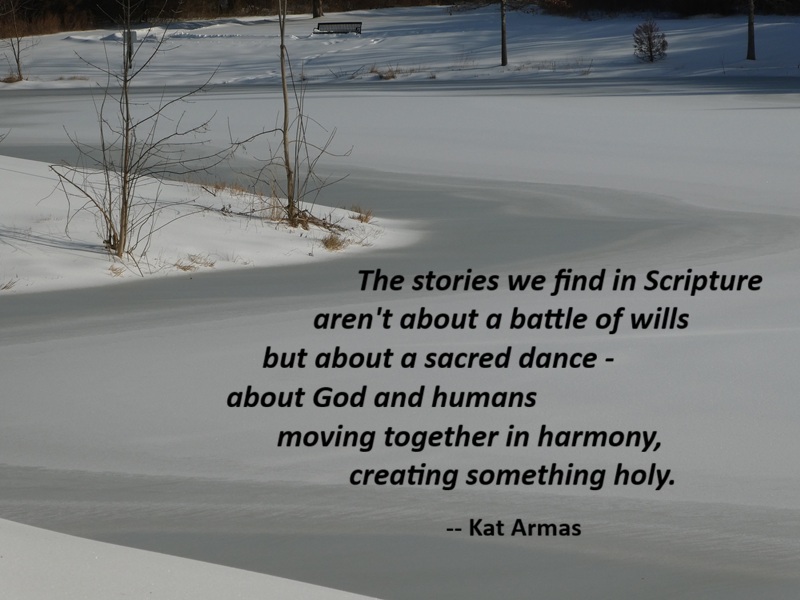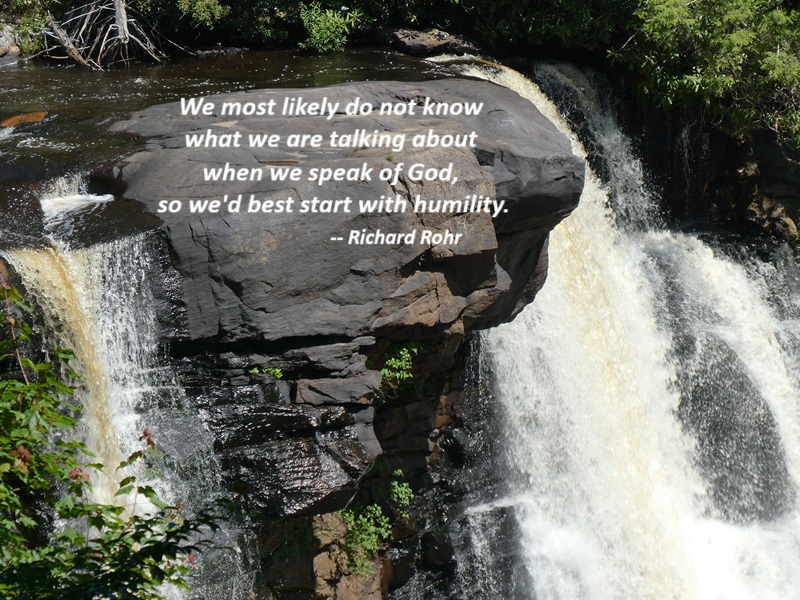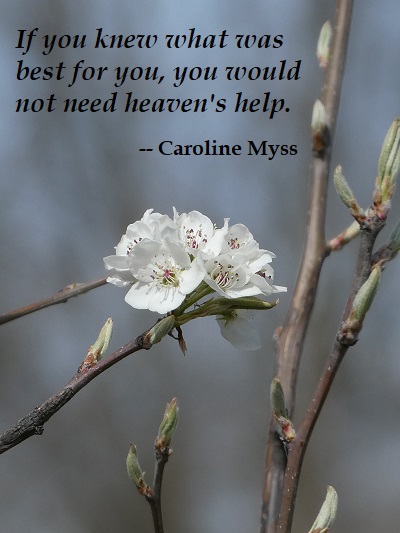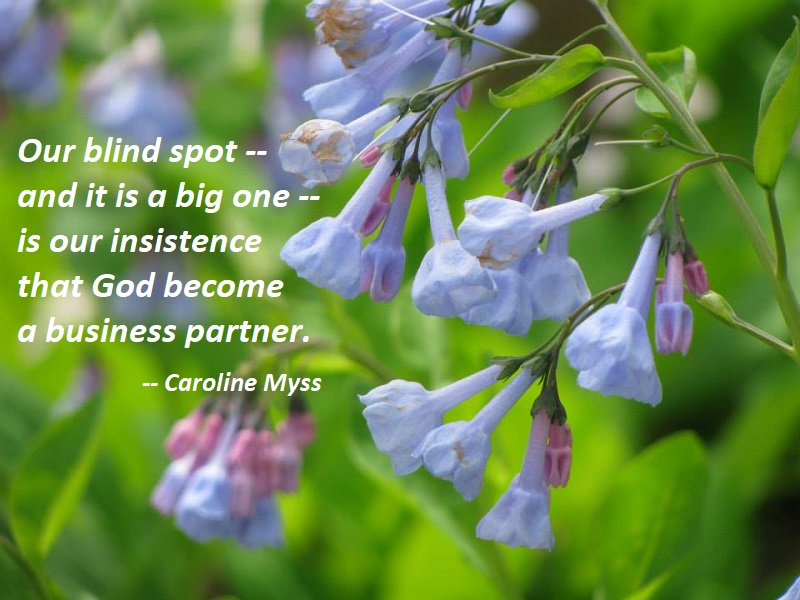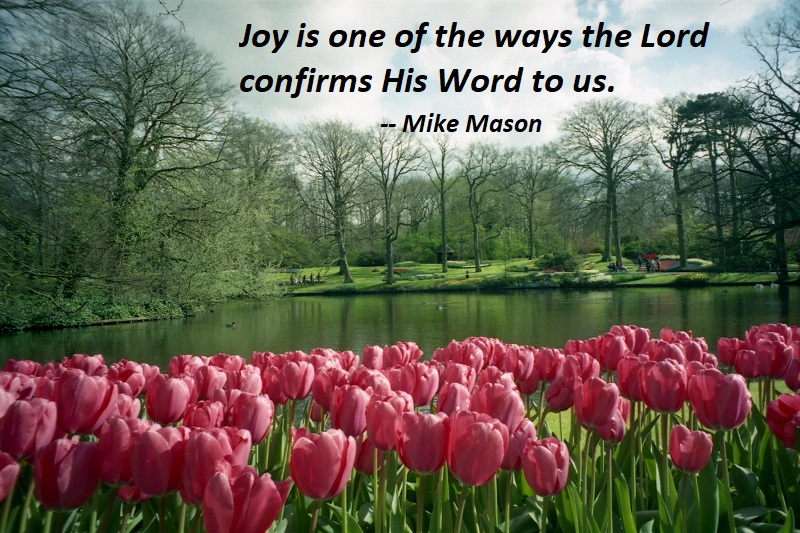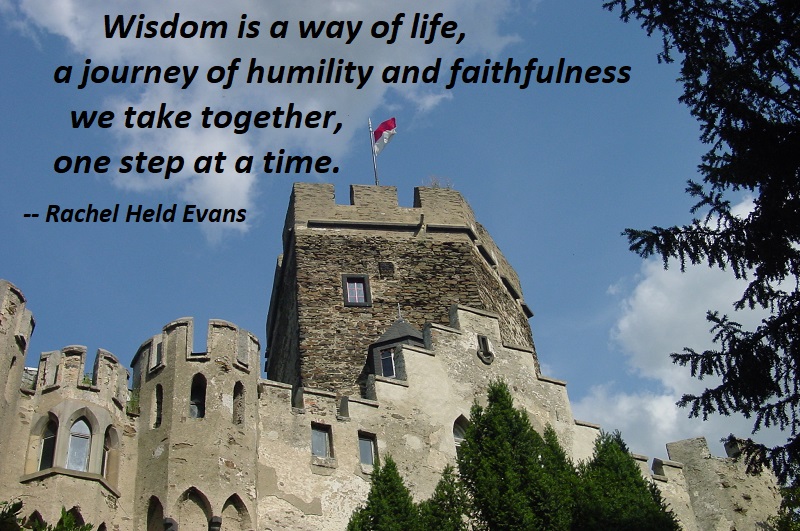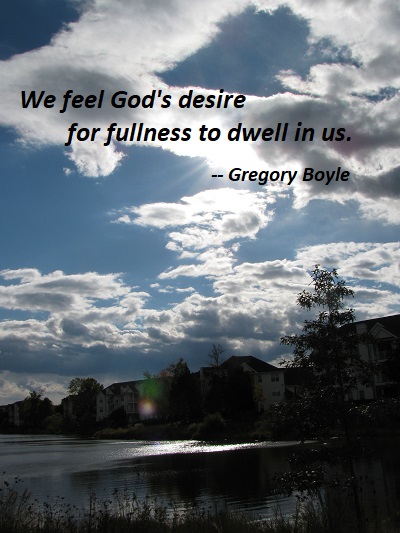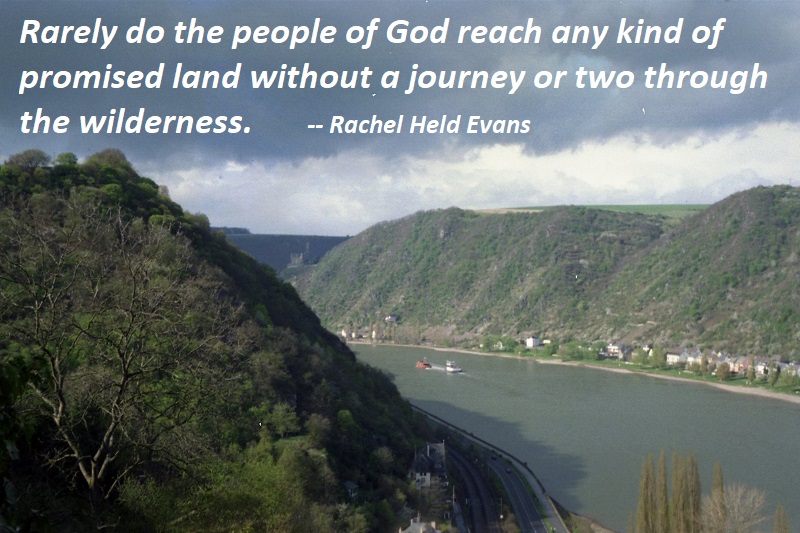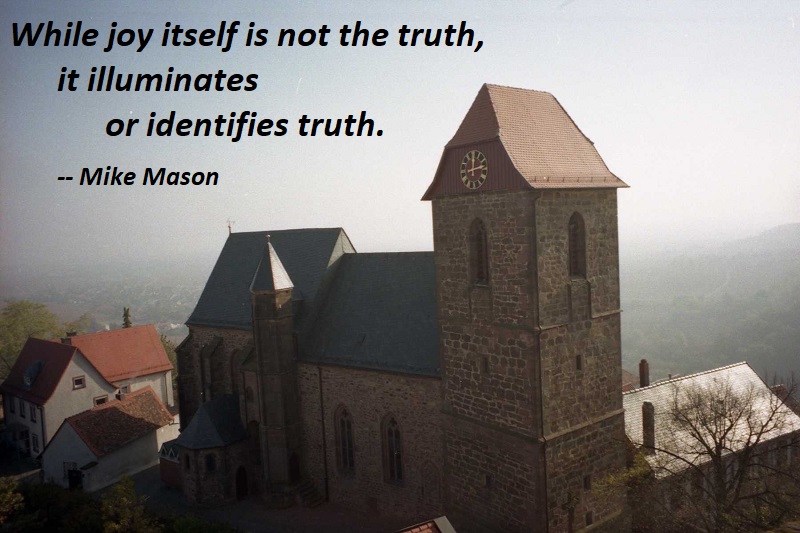The Sacred Dance
When we believe the divine wills something absolutely, we stop wrestling with the complexity of the world. It’s how dualism still thrives in religious spaces today. I’ve felt it in many church settings – the pressure to see my own will as something to be set aside, to understand my desires as inherently in conflict with God’s. What I wanted, thought, or felt was always considered at odds with the divine. It wasn’t a both/and but an either/or. Either God was at work or I was. This set up a relentless internal tension, not just with God but with myself.
But the more I immersed myself in Scripture, the more I saw that God isn’t at war with humanity. The stories we find there aren’t about a battle of wills but about a sacred dance – about God and humans moving together in harmony, creating something holy. This reframing shifted something deep within me, reminding me that the religious life isn’t a struggle for control but a movement of grace and love.
— Kat Armas, Liturgies for Resisting Empire, p. 105-106
Photo: Icy lake, South Riding, Virginia, January 26, 2026
